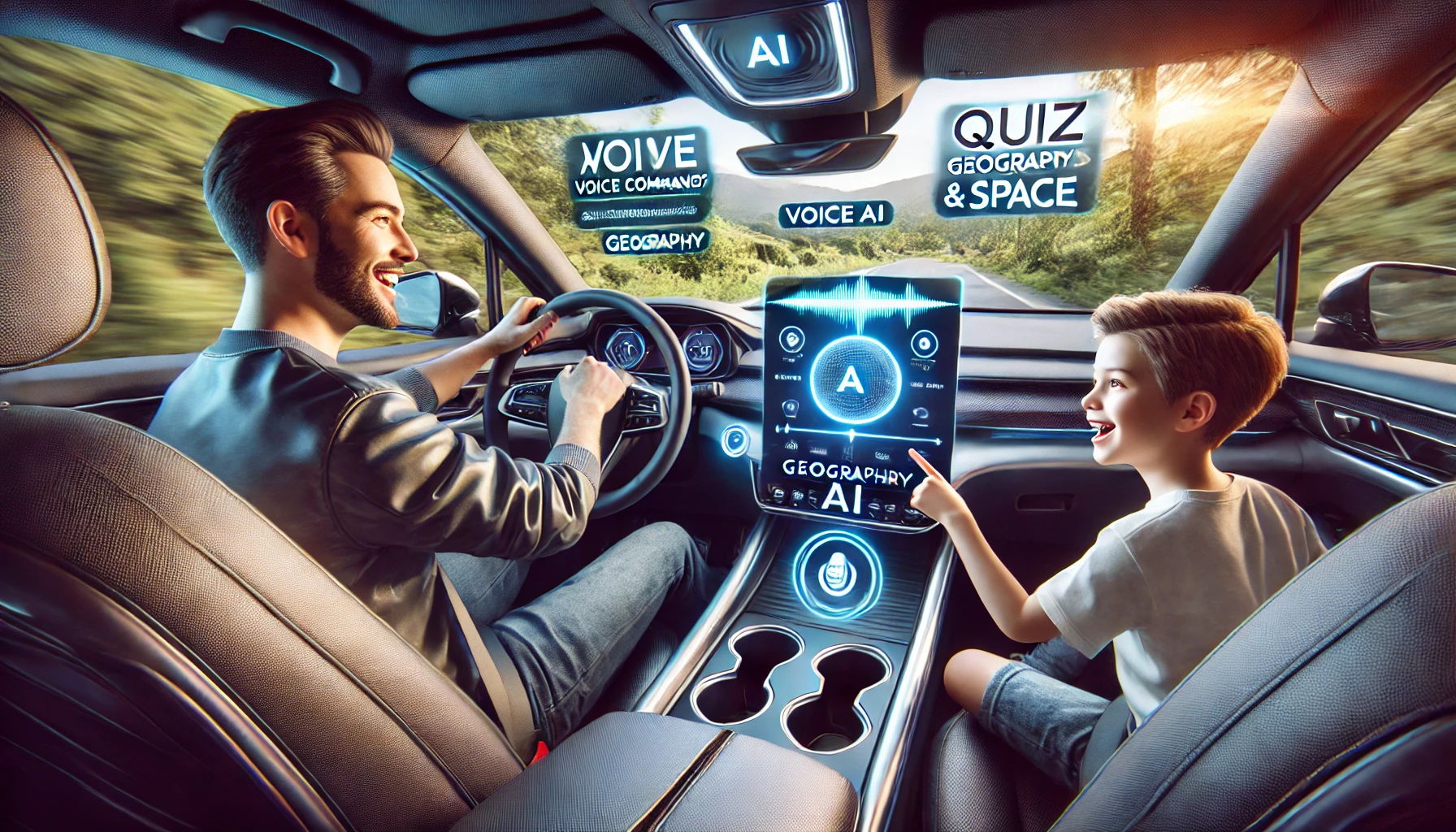
Blog
Ideas That Spread

The Future of Search is AI-Driven: Are Brands Ready to Become Trusted Authorities?
Let me start with a little confession: I’ve always enjoyed playing around with different AI voices, whether it’s Alexa’s Australian accent or Waze’s Irish one. So when I tried out ChatGPT’s new Advanced Voice Mode (AVM), I was hooked. With voices like Vale’s refined British charm or Arbor’s friendly, conversational tone, you can customize every interaction to match your mood or task. But for me, it’s all about how this makes our family time—especially long drives—so much more fun and productive.
